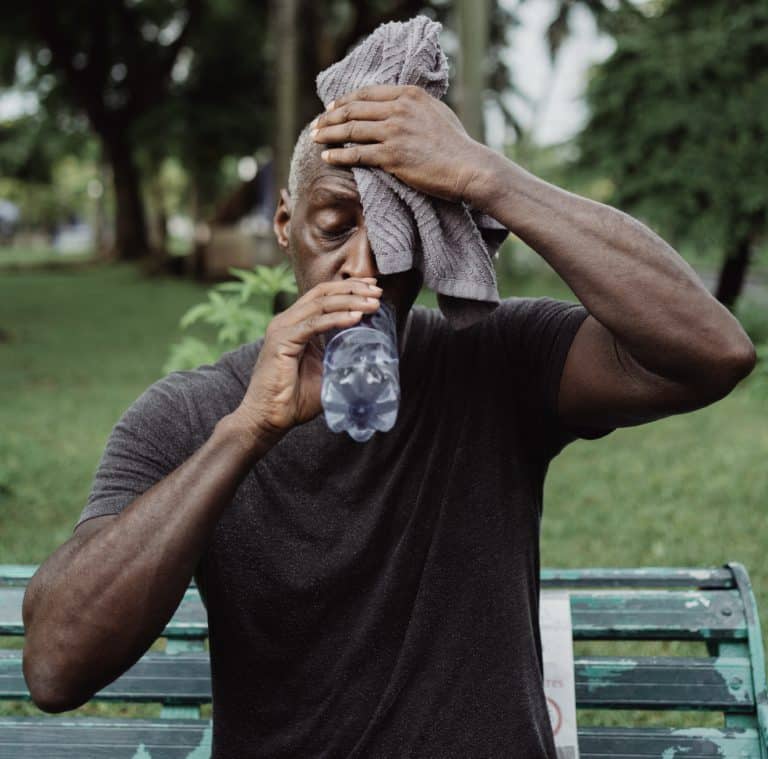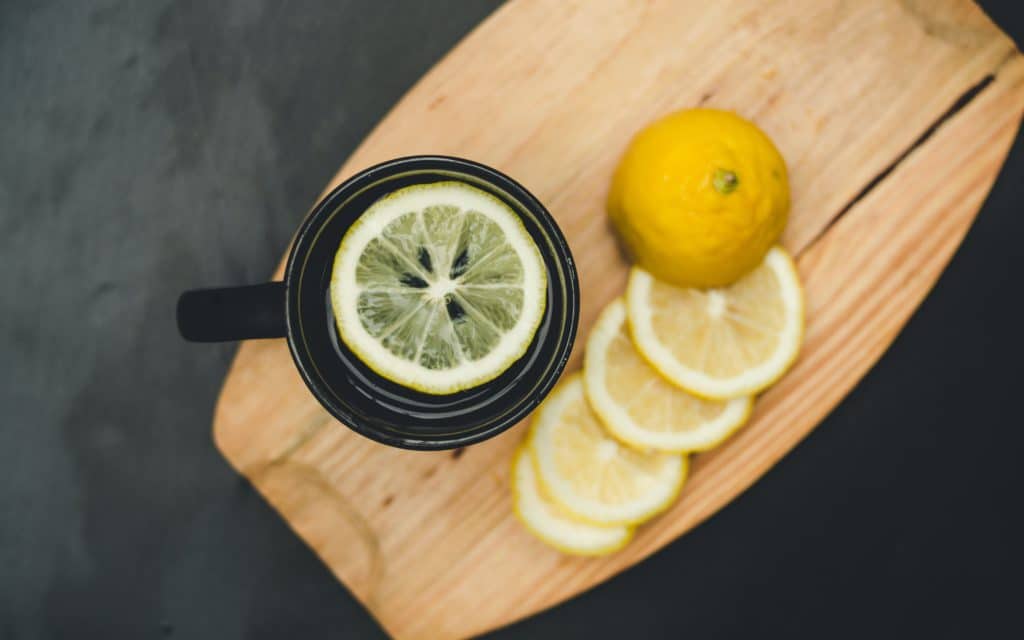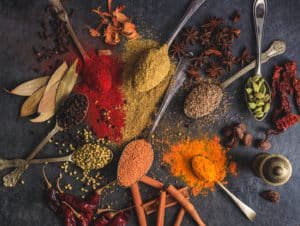
INTRO
What is a Hydration Challenge?

Water is involved in many body processes, including maintaining hydration, regulating body temperature, supporting digestion, and flushing out waste and toxins. Adequate hydration is important for maintaining energy levels, physical performance, and overall health.
It’s important to note, however, that the amount of water an individual needs may vary based on factors such as age, sex, weight, and activity level. In general, it’s recommended to aim for 8-9 ounces of water per day.
Inviting coworkers and friends to join your hydration challenge is a great way to stay motivated to provide your body with this essential nutrient.
Benefits of Drinking Water
Water is an essential nutrient, necessary for the proper functioning of the body. Drinking more water has several benefits, including:
Staying hydrated
Water is essential for maintaining proper hydration, and adequate hydration is important for many body functions, including maintaining energy levels, regulating body temperature, and supporting healthy skin.
Weight loss
Drinking water may help with weight loss by helping to fill you up and reduce appetite, as well as increasing metabolism.
Improved digestion
Water can help to soften stools and stimulate bowel movements, which can help to prevent constipation.
Flushing out toxins
Water is essential for maintaining healthy kidney function, as it helps to flush out waste and toxins from the body.
Improved physical performance
Adequate hydration is important for maintaining physical performance, especially during exercise.
Cardiovascular health
Some research suggests that increasing water intake may help to lower blood pressure and reduce the risk of heart disease.
Water Drinking Guidelines

Many adults are not drinking enough water based on their weight and exercise level.
As a rule of thumb, calculate your weight (in pounds) and multiply it by 0.5. This is the basic amount of water you should be drinking, measured in ounces.
If you’re more physically active or spend time in very cold or warm climates, you’ll need to calculate 0.09 x your weight (lbs) to find the number of additional ounces you should be drinking per hour of activity or cold/warm exposure.

Different Ways to Hydrate
If you don’t like the taste of plain water, you can try adding flavor in the following ways to make it more appealing.
Infused water
Consider drinking flavored water by adding fresh herbs like mint or basil, lemon or lime, or your favorite berries
Herbal teas
Herbal teas add a subtle flavor to the water and can be enjoyed warm or chilled.
Smoothies
Frozen fruit and water added to smoothies can make for a tasty way to hydrate.
Water-down juice
Consider watering down your juice, or ask your server for half and half juice and water when you’re dining at restaurants.

How to Start a Hydration Challenge
Developing new habits can be a challenging task, because it requires effort, persistence, and discipline to overcome old habits and build new ones. Here are some tips that can help you stick to your hydration challenge.
1
Set a goal
Determine how much water you want to drink each day and try to meet that goal.
2
Keep a water bottle with you
Bring a water bottle with you when you are out and about or at work to make it easier to drink more water throughout the day.
3
Wake up and hydrate
Start your day off by drinking a glass of water to hydrate your body after a night of sleep.
4
Drink water before, during, and after exercise
Proper hydration is important for maintaining physical performance, so drink water before, during, and after exercise.
5
Drink water with meals
Drink a glass of water with each meal to help hydrate your body and support digestion. You may have heard that it’s best to avoid water at mealtime, but simply sipping water with your meal is not enough to disrupt your digestion.
6
Drink water when thirsty
Pay attention to your body’s thirst signals and drink water when you feel thirsty.
7
Drink water instead of sugary drinks
Choose water over sugary drinks like soda and fruit juice to reduce added sugars in your diet. Or add water to your juice as you transition towards only drinking water.
Struggling to Drink More?

Encountering setbacks while trying to drink more water can be discouraging, especially when it requires significant changes in your routine and habits.
It’s essential to recognize that setbacks are a natural part of the process and to use them as learning opportunities as you continue to move forward in your hydration challenge.
Here are some tips to remember if you’re having trouble sticking to your goals to drink more water.
Keep a water bottle with you. This one is absolutely essential. Having a water bottle with you at all times can be a cue to remind you to drink water and it makes it more convenient to do so.
Use a water tracker. Use the MasterHealth app to track your water intake and remind you to drink more water throughout the day.

Hydrate with friends. Find friends or coworkers who are also trying to drink more water and invite them to your hydration challenge and encourage each other to stay on track.
Mix things up. If you’re used to drinking flavored drinks and are struggling with plain water, try drinking herbal or fruit infusions to jazz up your water.
Seek support. If you are having difficulty building the habit of drinking more water, consider seeking support from a healthcare professional or a therapist who can provide guidance and support.
Hydration FAQ's
The amount of water you should drink each day can vary depending on several factors, such as your age, sex, activity level, climate, and overall health status. However, a general guideline for adults is to aim for at least eight 8-ounce glasses of water per day, which equals about 2 liters or half a gallon of water.
However, this number is a rough estimate, and some people may require more or less water depending on their individual needs. For example, athletes, pregnant or breastfeeding women, and individuals with certain medical conditions may require higher fluid intake. Additionally, your body’s thirst signals can be a helpful indicator of when you need to drink more water.
If you have concerns about your fluid intake or have a medical condition that affects your fluid balance, it’s best to speak with a healthcare professional to determine the appropriate amount of water for your individual needs.
Yes! Everything should be consumed in moderation, even water. Drinking too much water, also known as water intoxication or hyponatremia, can be harmful and even life-threatening in severe cases.
Drinking excessive amounts of water can lead to an imbalance of electrolytes in the body, specifically sodium, which can cause cells to swell and lead to a range of symptoms, including nausea, vomiting, headache, confusion, seizures, and in extreme cases, coma or death.
The risk of water intoxication increases with excessive intake, especially in a short period of time, as well as in individuals with certain medical conditions or who take certain medications that affect fluid balance in the body.
It’s important to note that the risk of water intoxication is rare and typically occurs in extreme cases, such as endurance athletes who drink large amounts of water without replacing sodium lost through sweat.
To avoid the risk of water intoxication, it’s recommended to drink water in moderation and to listen to your body’s thirst signals. If you have concerns about your fluid intake or have a medical condition that affects fluid balance, it’s best to speak with a healthcare professional.
In many parts of the world, tap water is safe to drink and is regularly tested and treated to meet safety standards. However, the safety and quality of tap water can vary depending on where you live, and it’s essential to be aware of any potential contaminants in your local water supply. In some cases, water may contain high levels of pollutants, bacteria, or chemicals, which can be harmful if consumed.
To ensure that your tap water is safe to drink, you can check your local water quality report, which is usually available from your water provider or local government. If you have concerns about the safety of your tap water, you can also use a filtered water pitcher or water bottle.
While water is the best choice for hydration, other beverages like tea, coffee, plant-based or cow’s milk, and fruit juices can also contribute to your daily fluid intake. However, it’s important to note that some beverages, like those with added sugars or alcohol, may have negative effects on health if consumed in excess.
Additionally, caffeinated beverages can have a mild diuretic effect, which means they can cause you to lose more water than you consume. Overall, it’s best to aim for a variety of fluids in your diet, with water being the primary source of hydration.
Level-Up Your Hydration
Some resources exist that can help build and maintain a water drinking habit, such as…
Apps. Water tracking and hydration reminder apps (like MasterHealth) can be programmed to remind you to hydrate throughout the day and keep track of how much you drink.
Smart water bottles. Some smart water bottles also come with other features, such as reminders to drink water at certain intervals, motivational messages, and even lights or sounds to alert users when it’s time to hydrate. Some smart water bottles also have built-in filters to purify tap water, making it more convenient for users to stay hydrated on the go.
Friends. Friends who are also interested in staying hydrated can be a great source of motivation. Surround yourself with water drinkers, and you’ll quickly be reminding each other to drink more water.










